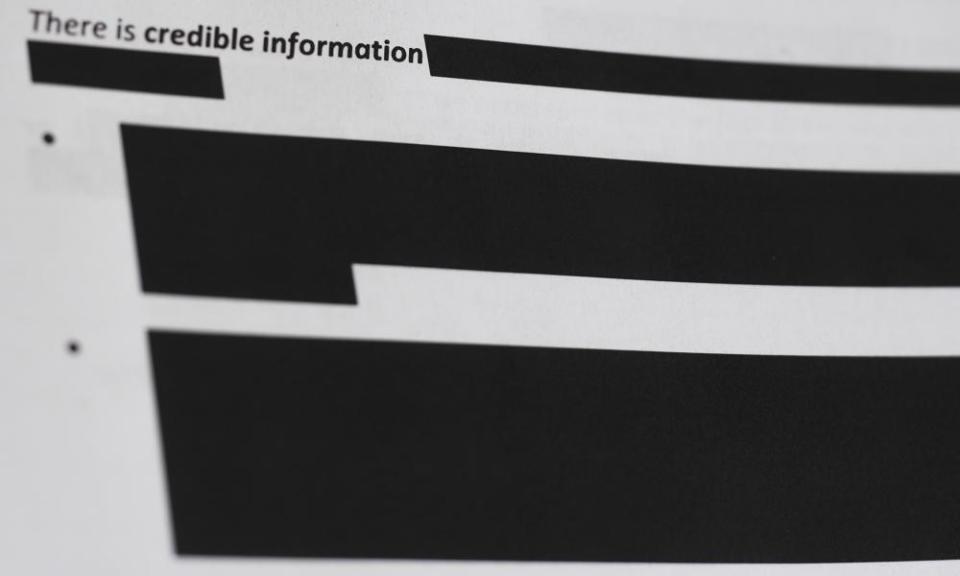PM’s office failed to meet deadlines for majority of freedom of information requests in past year

Complaints about the government’s handling of freedom of information requests shot up 39% in a single year while refusal rates and delays also worsened, new data shows.
Prime minister Scott Morrison’s office again failed to meet lawful timeframes in the majority of FoI requests it received, according to the Office of the Australian Information Commission’s (OAIC) annual report.
The FoI system – a crucial tool for transparency of government – has deteriorated significantly in recent years. Requests are taking longer to be processed, often rendering the information sought irrelevant, and fewer documents are being fully released to the public.
The latest OAIC report, released late on Thursday, shows a continuation of that trend.
The number of complaints the OAIC received about the government’s handling of FoI jumped to 151 in the 2020-21 financial year, an increase of 39%, despite the total number of FOIs being well down on previous years.
The proportion of FoI requests granted in full was 41%, down from 47% the year prior, 52% in 2018–19 and 50% in 2017-18.
The government rejected 18% of FoI requests completely, up from 15% in 2019-20.
Delays were more commonplace. The government processed only 77% of FoI requests within the lawful timeframe, continuing a gradual deterioration over several years.
Extreme delays also increased. The number of FoI requests decided three months after the statutory timeframe jumped to 12%, up from 10% in 2019-20 and 2% in 2018-19.
The prime minister’s office was singled out as one of the agencies that decided “fewer than 50% of FoI requests within the statutory timeframes in 2020-21”. A specific figure for Morrison’s office’s compliance was not available but it sat at 7.5% the year prior.
The home affairs department, which handles a huge volume of FoI requests, met the lawful timeframe in only 62% of cases, a drop from 74% in 2018-19 and 66% in 2019-20.
The OAIC’s report contained some positive news. In recent years, the under-resourced watchdog has struggled to deal with a significant workload, causing huge delays to its consideration of complaints or requests for review of government FoI decisions.
But it is increasingly hitting its targets. It finalised 82% of the requests it received within a year, above its target of 80%.
The agency received 15% more requests for reviews of FoI decisions and was still able to finalise 23% more reviews in 2020-21. The number of FOIs finalised within 12 months was 73%, still short of its 80% target.
“Despite this significant improvement, resourcing issues means a gap between incoming FoI work and finalisation rates remains,” commissioner Angelene Falk said. “The appointment of a new FoI commissioner announced in the May budget will assist our capacity to manage this growing workload.”
The prime minister’s office was approached for comment.

 Yahoo Finance
Yahoo Finance 